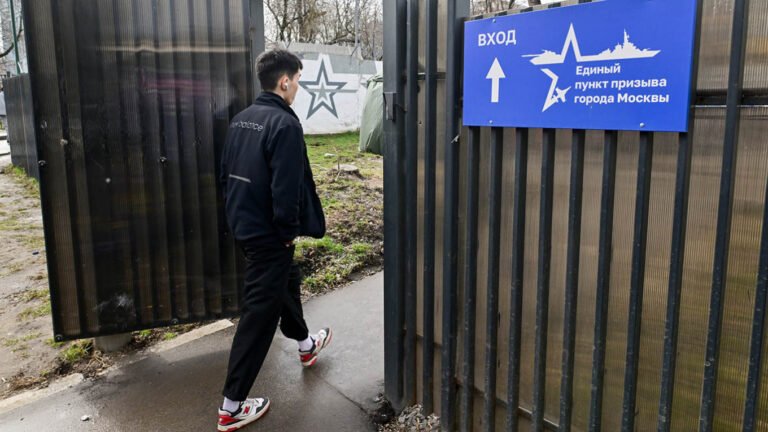Last month, I ran through the cold streets of Reykjavik during a charity race supporting Get Lost, a grassroots group helping Russians avoid the military draft. While running, I thought about people who run not for sport, but to save their lives and the lives of others. These are Russian men who refuse to fight in Ukraine. They leave Russia but face suspicion instead of safety.
Many in the West fail to see Russian draft evaders as protesters. Often, I hear the same question: Why do Russians not protest more openly? My answer is clear. Under a harsh authoritarian government, protest looks different. It is quiet, hidden, or even invisible. It shows in refusal, silence, and desertion.
These acts are not signs of fear. They are acts of resistance. Every Russian who refuses to join this war shows courage. Yet in much of Europe, these brave choices are not celebrated. Sometimes, they are punished.
Recently, Germany stopped its humanitarian visa program. This program helped Russians at risk due to anti-war views, journalism, or human rights work. This pause closes one of the few legal ways for Russians to seek safety in Europe.
When Russia invaded Ukraine in February 2022, the EU welcomed millions of Ukrainian refugees. At the same time, many Russians fled increasing repression. Many men escaped not from bombs but from orders to drop them. Tens of thousands left Russia. Many keep leaving because the Kremlin never officially ended its partial military draft.
Some Russians burned their draft papers. Others crossed borders on foot. Many asked for asylum in European countries. Too often, they were ignored or refused. These men are called cowards or opportunists. They face a no-win choice. They are criminals in Russia for refusing to fight. Abroad, they face distrust for not protesting loudly enough. Caught in the middle, they suffer punishment from both sides.
In many European countries, draft evaders are not seen as victims. Instead, they are seen as part of the problem. Some even think they support the war by their silence.
Russian draft evaders are people who want peace. They want to live without violence. They should not face suspicion or punishment. Instead, they need protection and respect.
Helping these men shows a true stand for human rights. It recognizes the courage it takes to say no to war under a cruel regime. Their quiet resistance matters.
Europe must open its doors wider. It must offer safety to those fleeing forced fighting. Russian draft evaders deserve shelter, not suspicion.







